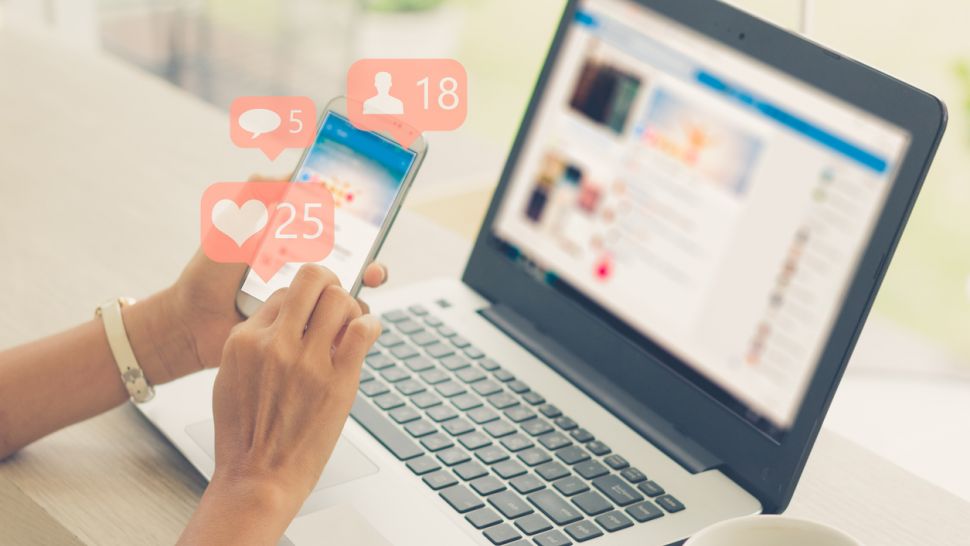It’s no surprise that social media use, specifically Facebook, can be linked to the development of addiction. Today, over one billion people use this platform to connect with other people. Surfing social networks, however, can be pathological in some, confirms a study published in Computers in Human Behavior.
According to him, social networks can lead to addiction in those people who need the approval of others in order to feel valued as individuals. With them, the risk of using the social network in an obsessive and inadequate way is high. In such cases, the user develops something akin to psychotic decompensation, which is a type of maladaptive, inadequate coping strategy for a personal emotional problem.
What does this behavior mean – running away from solving a problem, becoming depressed, developing delusions, exhibiting defiant behavior, or expressing direct attacks?
And in previous studies, the connection between self-esteem and the use of social networks has been made. The team from the Baruch Ivcher School of Psychology decided to investigate the impact of unforeseen circumstances on self-esteem.
These can be social acceptance, evaluation of appearance, desire to be first, competence, love and family support, loyalty, etc.
In the preliminary study of 337 people with an active Facebook account, researchers found that acceptance of contingencies was associated with addiction symptoms. What does this mean?
This means that people who tend to say “My self-esteem depends on what people think of me” tend to also agree with “I spend a lot of time thinking about Facebook” or “I spend a lot of time forgetting personal or “I use Facebook so much that it hurts my studies or work.”
The researchers also conducted a three-week study with 80 undergraduate psychology students in which they found that the degree of Facebook addiction became greater when the level of social contingencies was high.
An individual whose self-esteem depends on the approval of others is very likely to perceive the goal of forming and maintaining social contacts in the network and to be much more affected by the threat to and loss of these relationships.
Because it is important for these people to improve their self-esteem, they avoid rejection from others, which sometimes leads to maladaptive self-control, expressed in compulsive use and addiction to Facebook.
Both of the team’s studies concluded that social contingencies lead to excessive Facebook use and increased self-esteem. The researchers also looked for the effects of changes in personality traits.
The results obtained are only based on Facebook communications. It is not possible to generalize about other social networks.
